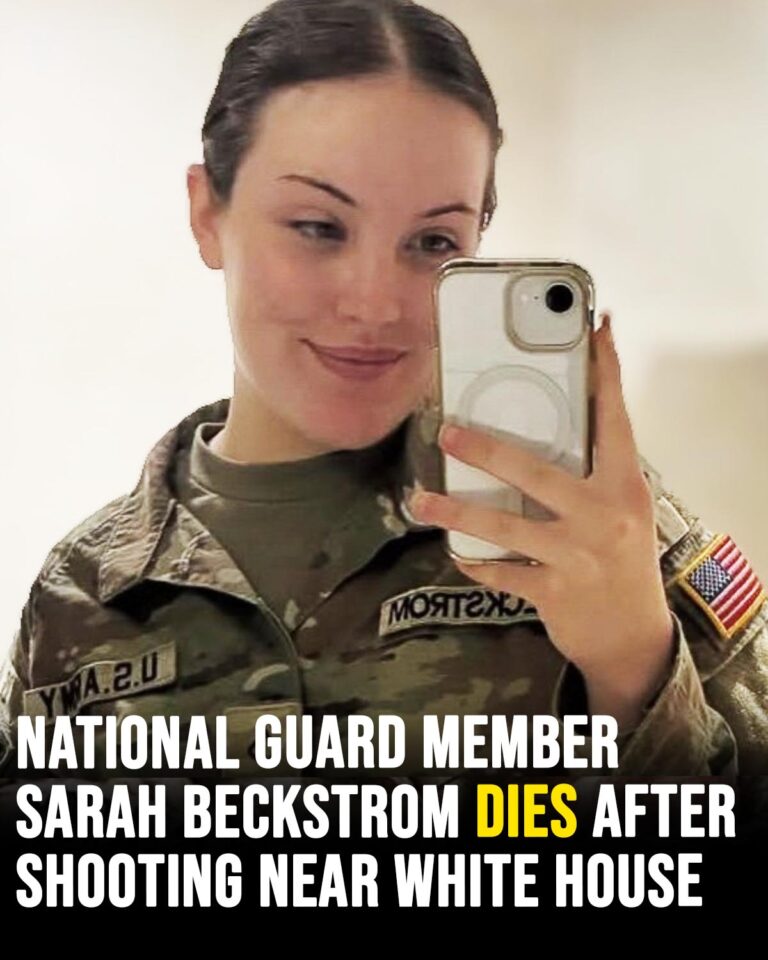Calls for Trumps impeachment after evil announcement about police rights
Donald Trump’s newest “law and order” push has thrown Washington, D.C. into political turmoil, triggering outrage from city leaders, condemnation from civil rights groups, and a wave of online backlash — with some critics now openly calling for his impeachment.
On Monday, in a move he framed as a “no Mr. Nice Guy” crime crackdown, Trump announced a sweeping month-long federal takeover of the city’s Metropolitan Police Department. The plan involves deploying 800 National Guard troops across D.C.’s streets, expanding federal law enforcement presence, and ordering every homeless encampment in the district to “move out immediately.”
“Before the tents, squalor, filth, and crime, it was the most beautiful capital in the world,” Trump wrote on Truth Social. “It will soon be that again.” He portrayed the city as a “sanctuary for illegal alien criminals” plagued by “lawlessness,” drawing comparisons to some of the world’s most dangerous cities. He even claimed that D.C.’s homicide rate now surpasses Bogotá and Mexico City — a statement that contradicts FBI statistics showing violent crime in the city is at a 30-year low.
To justify the move, Trump cited Section 740 of the District of Columbia Home Rule Act, which allows for temporary federal control of local law enforcement in certain circumstances. While legally possible under that statute, such a sweeping, unilateral intervention in a major U.S. city is exceedingly rare and politically explosive.
The most incendiary moment came during a White House press briefing, where Trump addressed how officers should respond to confrontations. “That’s the only language they understand,” he said. “You spit, and we hit, and they can hit real hard.” The remark sent shockwaves through social media, with critics accusing the president of giving law enforcement a green light for unchecked violence. On Reddit, one user warned, “The Trump police state is upon us,” while others called the comment “a road map to normalized brutality under the guise of safety.”
D.C. Mayor Muriel Bowser, who has often clashed with Trump in the past, said she was “not totally surprised” by the rhetoric but described the action as “unsettling and unprecedented.” She emphasized that her administration had not requested federal intervention, calling the move “an overreach that undermines local control.”
The controversy comes on the heels of another Trump law enforcement dispute in June, when he deployed the National Guard during immigration protests in Los Angeles without California Governor Gavin Newsom’s approval. State officials called that decision a violation of the constitutional principle that governors control their own Guard units. The Trump administration maintained it was within its rights under federal law — the same defense now being used for the D.C. operation.
For Trump, the political framing is deliberate. He’s presented the takeover as an act of patriotic restoration, branding it “liberation day in D.C.” and declaring, “We’re going to take our capital back.” His supporters see it as decisive leadership in the face of urban decline. His critics see it as a dangerous precedent for federal overreach — and potentially a trial balloon for similar interventions in other Democratic-led cities.
Civil liberties advocates argue that giving federal law enforcement and the National Guard expanded authority in day-to-day policing could erode constitutional protections. “Once you normalize military-style policing in the nation’s capital, it becomes much easier to justify it elsewhere,” said Rachel Myers, a policy director at the American Civil Rights Coalition. “The danger is not just the violence that could happen on the streets, but the long-term precedent for executive power.”
Even some moderates are expressing alarm. Constitutional scholars warn that while the Home Rule Act does grant the president emergency powers in D.C., its use in this way — absent a genuine crisis or request from local officials — pushes the boundaries of intended use. “It’s legal in the narrowest sense but deeply troubling in a democratic sense,” said Dr. Alan Horowitz, a professor of constitutional law.
Impeachment talk, while still mostly on the fringes, is beginning to enter mainstream political conversations. Progressive lawmakers have already called for hearings into the legality of Trump’s action and the potential human rights implications of his “free rein” policing directive.
Meanwhile, the operation is already underway. National Guard units have been stationed at high-crime corridors, federal officers have been embedded in local precincts, and city outreach teams have been ordered to dismantle homeless encampments within days. Civil rights groups are preparing lawsuits, arguing that the policy violates residents’ rights to due process and equal protection under the law.
Whether the move boosts Trump’s image as a hardliner or fuels a backlash that damages him politically will likely depend on what happens in the coming weeks. If incidents of police violence occur under the “no Mr. Nice Guy” directive, critics will have powerful evidence for their warnings. If crime rates drop sharply without major abuses, Trump will claim vindication.
For now, one thing is certain — the battle over Washington, D.C.’s streets has become a national flashpoint, with implications that go far beyond the capital’s borders. And as impeachment whispers grow louder, this latest clash could end up being one of the most consequential of Trump’s presidency.

